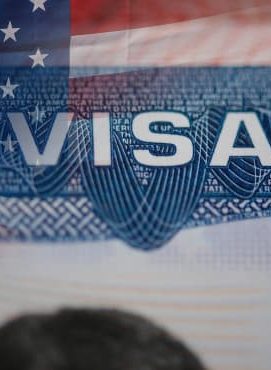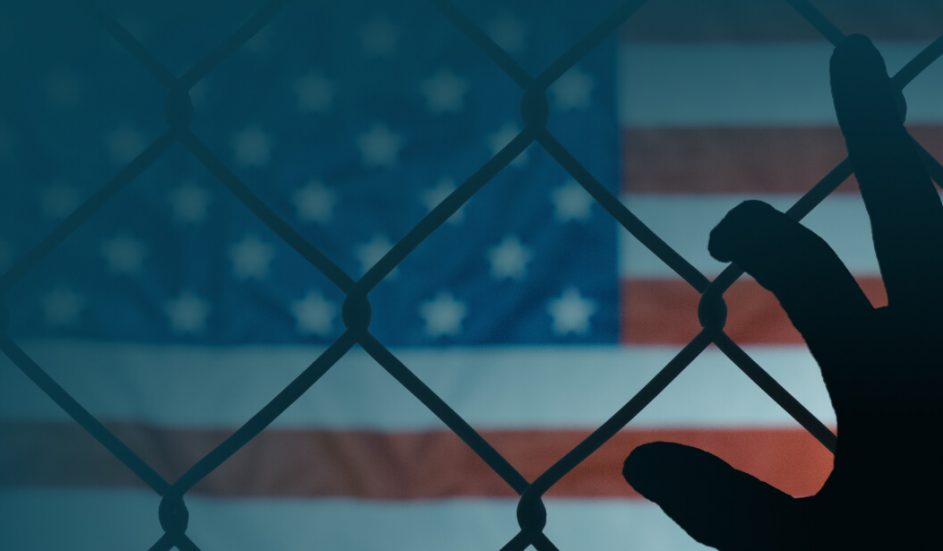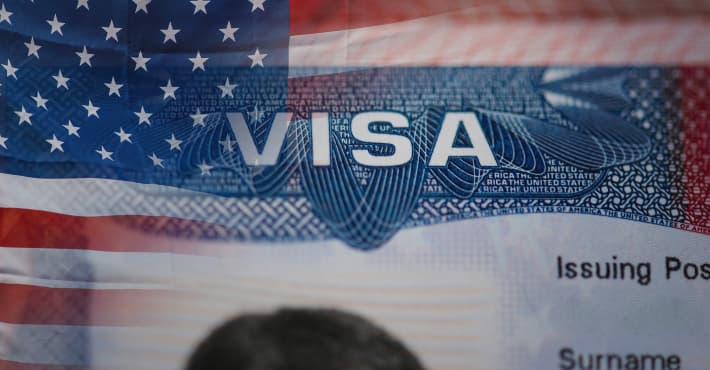

Diplomatic Tension Emerges Over Immigration Enforcement
A planned $350 billion investment package from South Korea into the United States—touted as one of the largest foreign direct investment commitments in American history—has come to a sudden halt, not over trade disputes or macroeconomic uncertainty, but over U.S. immigration enforcement. According to Al Jazeera, South Korea has raised strong objections following a September 2025 immigration raid at a battery plant under construction in Georgia. More than 300 workers—primarily Korean nationals involved in technical training and site management—were detained by U.S. Immigration and Customs Enforcement (ICE). Although the workers were released and returned to South Korea, the diplomatic damage was immediate.
President Lee Jae Myung called the raid “bewildering,” while Foreign Minister Cho Hyun emphasized that the visa issue is not a formal condition for the investment but is “very important in practice.” Until the matter is resolved, Seoul is unwilling to move forward with deploying capital across American manufacturing, energy, and semiconductor sectors.
A Historic Investment Package in Limbo
The $350 billion commitment from Korean companies represents a strategic initiative aimed at building high-tech capacity in the U.S. The package includes projects in semiconductors, batteries, energy, shipbuilding, and biotechnology. It was positioned as a counterbalance to U.S. tariffs of 25% on Korean goods—tariffs South Korea had hoped to reduce to 15% as part of a broader bilateral negotiation. However, the investment isn’t simply a monetary transaction—it requires a dependable legal framework for the cross-border mobility of specialized talent.
The raid in Georgia has caused South Korean officials to question whether the United States can credibly offer the regulatory stability needed to support high-tech, labor-intensive investments. In effect, the country’s largest trade partner is asking for a guarantee: that its skilled workforce can operate legally and safely on American soil.
Visas, Enforcement, and Legal Uncertainty
At the heart of this diplomatic flashpoint lies a fundamental flaw in current U.S. immigration policy: its inability to adapt to the realities of global investment. Foreign investors—particularly those in technical and emerging sectors—require mobility for engineers, managers, and technical supervisors. The United States offers a variety of visa categories that can serve these needs, including the L-1 for intracompany transferees, the E-2 for treaty investors, and the H-1B for specialty workers. However, each of these visas is subject to caps, unpredictability, and, increasingly, aggressive enforcement.
In Georgia, the detained Korean nationals were reportedly working under legal or pending visa status, assisting in startup operations and technical transfer. Their detention reveals the widening gap between the letter of immigration law and the unpredictable nature of its enforcement. In our legal practice at Spar & Bernstein, we regularly advise clients that compliance alone is no longer sufficient—defensive strategy and ongoing legal oversight are essential.
Korean Government Demands Immigration Clarity
Trade Minister Yeo Han-koo raised the visa issue in Washington this month, underscoring that investment cannot occur in a legal vacuum. The South Korean government is now actively seeking formal assurances from the United States that future workers involved in these projects will not be subject to similar enforcement actions. South Korea’s demand is not merely a diplomatic posture—it reflects a growing recognition that without predictable immigration policy, the U.S. becomes a risky destination for foreign capital.
President Lee’s statements and the tone of Korea’s Ministry of Foreign Affairs suggest that Seoul now considers immigration policy as a variable in national security and economic diplomacy—not just an internal affair of the United States. This shift presents a significant opportunity for U.S. policymakers and immigration attorneys to address visa reform not only as a humanitarian or workforce issue but as a critical pillar of global economic leadership.
Immigration Risk Now a Core Investment Concern
The Georgia raid has redefined how foreign governments assess the risks of investing in the United States. Beyond tariffs and taxation, the treatment of workers—particularly those with valid or pending visa statuses—is now a litmus test for trust and reliability. The notion that highly skilled technical personnel can be detained en masse, without formal charges or timely diplomatic notification, sends a chilling message to global investors.
For clients of Spar & Bernstein, this new reality requires proactive immigration counsel at every stage of the investment process. That includes initial visa structuring, ongoing compliance monitoring, rapid-response legal defense in the event of enforcement, and preemptive coordination with U.S. authorities to mitigate unnecessary exposure.
How Immigration Attorneys Can Mitigate Exposure
Immigration attorneys play a central role in restoring confidence and building systems of trust that support foreign investment. At Spar & Bernstein, we work with investors, multinational companies, and sovereign partners to develop immigration strategies that are not only compliant with current law, but resilient to enforcement shifts and policy volatility.
We assist foreign executives and technical staff with L-1, E-2, and H-1B visa planning, and support companies in navigating the I-9 employment eligibility verification process. We also represent clients during federal audits, raids, and ICE interactions, ensuring that legal protections are asserted and due process is maintained.
More importantly, we help structure investment pathways that align with the broader immigration framework—so that the movement of capital and talent are coordinated, legal, and defensible.
The Path Forward: Aligning Capital and Mobility
The situation with South Korea is not a setback—it is a warning and an opportunity. If the United States is to remain the destination of choice for global investment, it must integrate immigration policy into its trade and economic strategy. That includes transparent visa processes, consistent enforcement standards, and meaningful engagement with foreign partners.
At Spar & Bernstein, we believe that smart immigration law is not only about protecting rights—it’s about unlocking opportunity. We stand ready to assist governments, corporations, and individuals in ensuring that their American dream doesn’t become an immigration nightmare.
The capital is ready. The markets are waiting. It’s time for immigration law to catch up.




